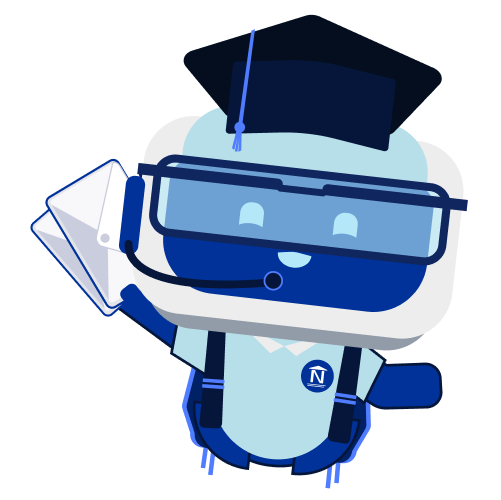Overview Our Data Science MSc provides advanced technical and practical skills in the collection, collation, curation and analysis of data. This is an ideal study pathway for graduates with a background in quantitative subjects, or who possess relevant work experience, who want to gain experience in current methods and techniques of data science.
Course detail You will gain an in-depth understanding of the general principles of the computational and statistical approaches and methods used in data science, as well as their underlying assumptions and limitations. Rooted in the renowned research strengths of the Department of Informatics, this course enables you to study a wide variety of topics in advanced computing while allowing you to specialise through your choice of modules. You will learn advanced practical techniques and implementation skills for solving complex computational problems.
Teaching and assessment We use lectures, seminars and group tutorials to deliver most of the modules on the course. You will also be expected to undertake a significant amount of independent study. You are expected to spend approximately 10 hours work per credit for each module you attend in your degree, e.g. 150 hours work for a 15-credit module. These hours cover every aspect of the module.
The primary method of assessment for this course is a combination of written examinations, coursework, in-class tests, individual projects and oral presentations. The individual project will be assessed through a dissertation. Career prospects The Careers Service run tailored sessions for Informatics students and a careers programme which includes skills sessions and visits from top employers. Our graduates have progressed to have very successful careers in general software consultancy companies, in specialised software development companies and IT departments of large institutions (financial, telecommunications and public sector).
Their jobs involve specialist programming and problem-solving as well more conventional software development, maintenance and project management roles. Some of our graduates have chosen to pursue academic and industrial research in software engineering, bioinformatics, algorithms and computer networks.












